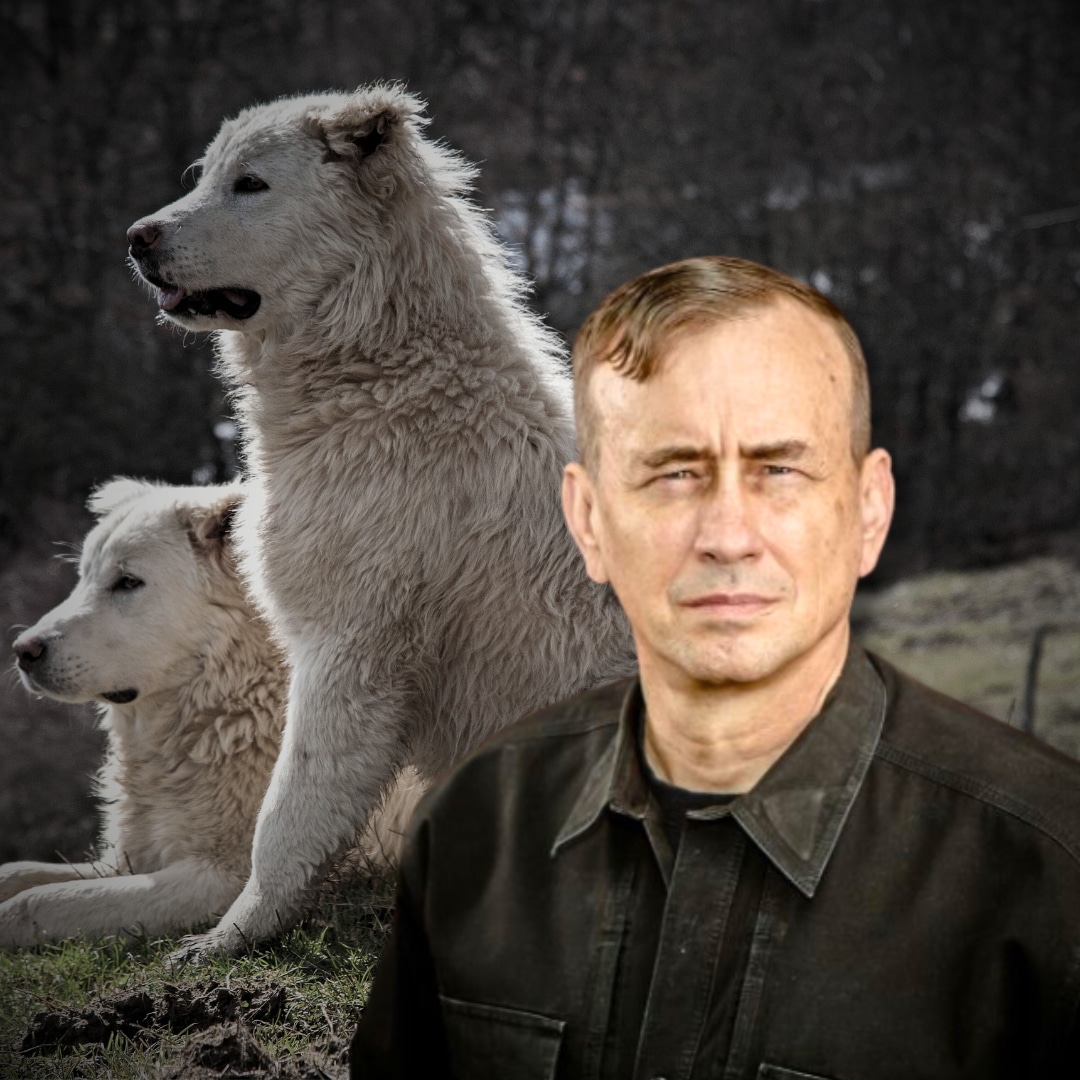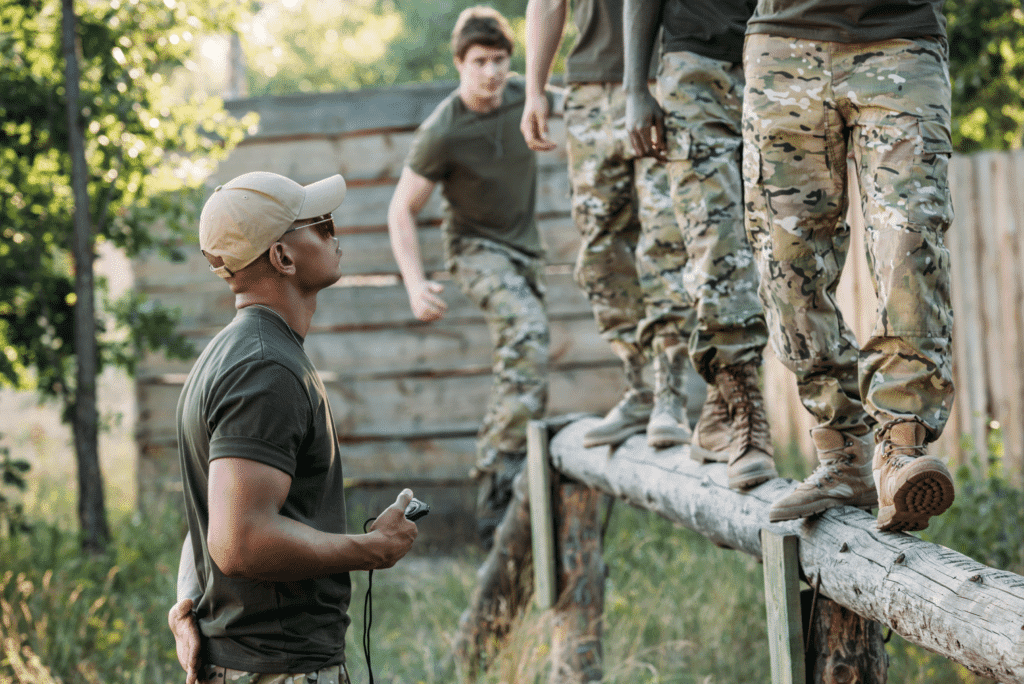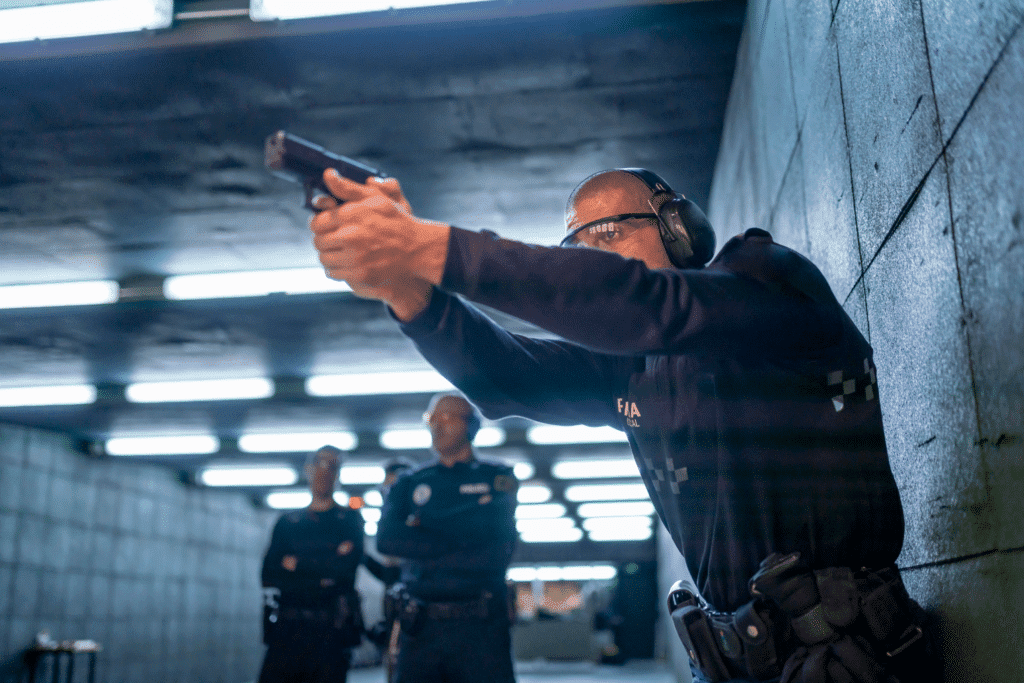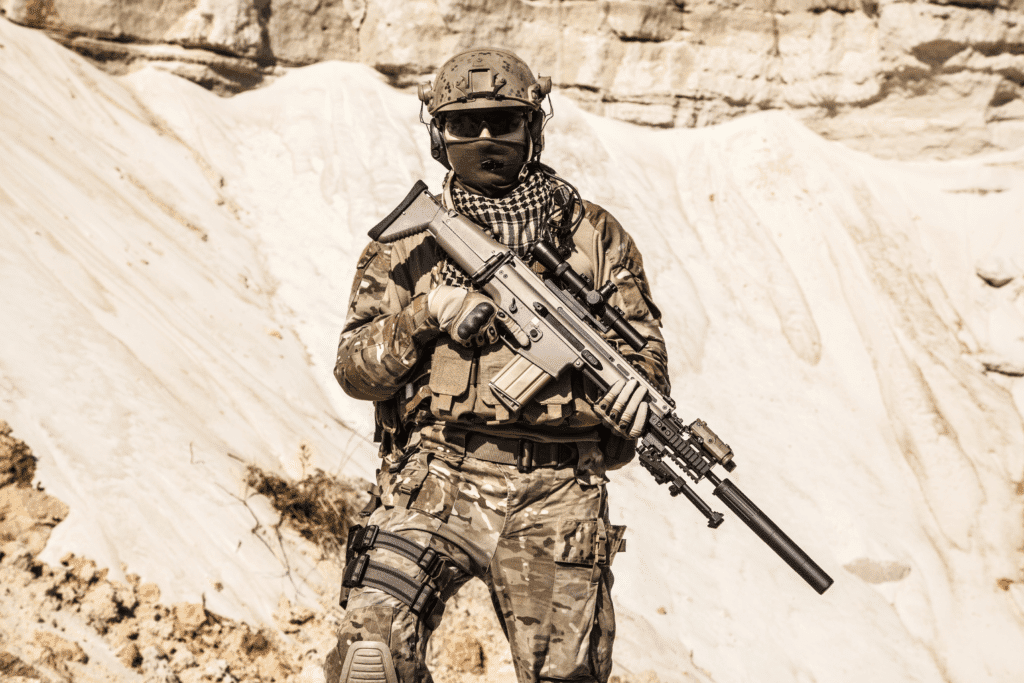
Dave Grossman, a Retired Army Lieutenant Colonel, pioneered the field of "killology" to redefine our understanding of violence and its psychological impact.
As the man behind the term, Grossman’s military expertise and academic pursuits converge to address the critical issue of how killing affects soldiers and society.
Through his books, such as ‘On Killing’ and ‘On Combat,’ and his active role in educating military and law enforcement personnel, Grossman challenges and equips institutions to better handle the psychological costs of lethal aggression.
Dave Grossman coined the term ‘Killology’ to study the psychological and sociological aspects of killing, aiming to understand and reduce violence, which led to the founding of the Killology Research Group to assess the impact of lethal force on soldiers and law enforcement.
Grossman’s military background, including his time at West Point and as an Army Ranger, shaped his later academic and global educational pursuits, where he has significantly influenced training and understanding in combat psychology and the mitigation of violence.
As an author, Grossman has impacted disciplines related to combat psychology through seminal works like ‘On Killing’ and ‘On Combat’, while also contributing as an expert in legal cases and providing policy advice on violence at the highest levels of government.

Killology, a term coined by Dave Grossman himself, represents the study of the psychological and sociological aspects of killing. It emerged as a field of scientific endeavor that uncovers the effects of lethal force, aiming to understand and eventually reduce violence in society. Grossman’s commitment to this cause is evident in his establishment of the Killology Research Group, which focuses on studying the influences of lethal force on soldiers and law enforcement professionals.
A deeper exploration of this field reveals that Killology not only focuses on understanding the act of killing, but also investigates the psychological costs and societal implications of violence.
The emergence of Killology signaled a revolutionary contribution to scientific study. It offered a new lens to understand the psychological and physiological effects of killing and combat on soldiers and law enforcement officers. Grossman’s seminal book ‘On Killing’ delves into the psychological processes involved in killing, unraveling how soldiers are trained to overcome their natural resistance to taking life.
The principles of Killology, based on Dave Grossman’s meticulous research and profound understanding of the subject, have been integrated into military and law enforcement programs. These principles contribute to better preparedness for dealing with the psychological aspects of deadly conflicts.
Grossman’s work centrally revolves around the psychological toll of war. His book ‘On Killing’ provides an in-depth analysis of the psychological repercussions of combat and killing. It underscores the mental health toll on soldiers, such as the development of post-traumatic stress disorder (PTSD), a common consequence of learning to kill and experiencing the horrors of war.
Soldiers may also experience intense physical stress reactions during combat, including tunnel vision and shifts in hearing capacity, all of which are explored in Grossman’s research.

Grossman’s research reaches beyond the battlefield to scrutinize aggression and violence within society. His studies have contributed to major works such as the Oxford Companion to American Military History and the Academic Press Encyclopedia of Violence, Peace, and Conflict. He has also highlighted the prevalence of violent crime in society, using murder and aggravated assault rates as key indicators.
Grossman doesn’t simply identify the problem of violent citizens, but actively promotes violence reduction strategies through his seminars and books, particularly following traumatic events such as school shootings.

Dave Grossman’s journey from a soldier at West Point to an internationally recognized scholar is one of perseverance, commitment, and dedication to understanding human aggression and violence. Grossman’s military career evolved into a scholarly pursuit, earning him a reputation as an expert on subjects of human aggression and violence.
As a scholarly figure, Grossman authored significant works, delivered speeches worldwide, and became renowned for his expertise in tackling issues related to violence and crime. His contributions have been published in leading law enforcement journals, further solidifying his reputation in the field.
Grossman’s military beginnings were marked by leadership and dedication. As a former West Point psychology professor, Professor of Military Science, and an Army Ranger, he amassed over 23 years of experience leading U.S. soldiers worldwide. During his military service, he:
Served as a sergeant in the 82nd Airborne Division
Held leadership roles as a general staff officer
Was a company commander in the 7th (Light) Infantry Division
His military career includes graduating as a distinguished scholar from the U.S. Army Ranger School, regarded as one of the military’s most rigorous leadership courses, where he learned to pursue noble and worthy things.
Shifting from the battlefield to academia, Grossman took on roles as a psychology professor at West Point and a Professor of Military Science. His teachings significantly influenced military personnel, deepening their understanding of human aggression and the roots of violence.
The impact of his academic pursuits, as highlighted in the Harvard Journal, transcends the confines of the classroom, shedding light on the complex, and often overlooked, psychological aspects of combat.
Grossman’s global influence is evident in his roles as a trainer and educator. He has conducted training for:
military
law enforcement
mental health providers
school safety organizations
Reaching every U.S. state and over a dozen foreign nations, the American Medical Association plays a significant role in the healthcare industry, impacting the lives of our fellow citizens.
His ‘Bulletproof Mind Resiliency’ presentations offer education on psychological resilience amidst violence, showcasing his dedication to sharing his knowledge widely.
Grossman’s literary works have significantly influenced understanding and training practices in combat psychology for soldiers and law enforcement officers. He has written or co-written nine books, encompassing both non-fiction and fiction, exploring diverse aspects of combat psychology, violence, and human aggression. His significant non-fiction works, ‘On Killing’ and ‘On Combat,’ delve into the psychological effects of lethal force and combat stress.
‘On Killing: The Psychological Cost of Learning to Kill in War and Society’ is a seminal work by Grossman that examines the psychological impact of killing on soldiers. The book’s influence spans professional and educational fields, being integrated into the curricula of military academies, law enforcement training, and university courses.
‘On Combat: The Psychology and Physiology of Deadly Conflict in War and Peace,’ another of Grossman’s pivotal works, provides an in-depth look at the physical and mental consequences of combat.
Grossman’s expertise reaches beyond the battlefield, tackling the impact of violence on school safety organizations and mental health providers. He has been involved in counseling initiatives and legal cases following traumatic school tragedies, providing support and advice in critical moments of national tragedy.
His tailored training for mental health professionals and police officers after the Jonesboro school massacre highlights his dedication to aiding the victims of violence.
Grossman’s work also extends into the legal realm, where he has acted as an expert witness and consultant in diverse state and federal court proceedings. His expertise was pivotal during the high-profile UNITED STATES vs. TIMOTHY MCVEIGH case, where he was part of the prosecution team.
In addition to such high-profile cases, Grossman has also lent his advisory expertise to counseling and court cases in the aftermath of multiple school massacres, during crucial moments of national crisis.
Grossman’s courtroom contributions have seen him serve as an expert witness in a variety of legal cases at both state and federal levels. His significant role in legal proceedings, particularly being part of the prosecution team in the infamous United States vs. Timothy McVeigh trial, highlights his expertise in the field.
Beyond these high-profile terrorism cases, Grossman has also been involved in consulting and training for cases following school massacres, such as:
Jonesboro
Paducah
Springfield
Littleton
Virginia Tech
Nickel Mines, PA Amish school massacre

Grossman’s influence extends far beyond the courtroom and the classroom. He has testified before the U.S. Senate, U.S. Congress, and on several occasions to state legislatures, providing expert insights on violence and its effects on society. His advisory role extends to the highest levels of government, as indicated by his participation in President Trump’s Round Table on Violent Video Games following the Parkland school massacre.
Even the President of the United States has cited his contributions in a national address, underscoring his national recognition and influence on policy.
Grossman’s concept of Killology maintains its relevance and is incorporated into diverse training programs for military and law enforcement entities. He actively delivers lectures and seminars, contributing to the continuing education of professionals in disciplines impacted by his expertise.
Looking to the future, Grossman is embarking on new projects and establishing partnerships poised to broaden the reach and application of his work.
In 2022, the Killology Research Group underwent an evolution and rebranding to become Grossman On Truth, LLC, with Dave Grossman leading as director. Under its new name, the organization continues to focus on seminars about the effects of using lethal force, showcasing its commitment to the original mission.
Acknowledging his expertise and contributions, the American Board for Certification in Homeland Security has inducted Grossman as a ‘Life Diplomate,’ and he holds the ‘Life Member’ title with the American College of Forensic Examiners Institute. He continues to address modern threats, writing and speaking extensively on the terrorist threat, particularly in the context of post-9/11 security concerns.
From his military beginnings at West Point to his current endeavors in addressing modern threats, Lt. Col. Dave Grossman’s journey has been marked by constant learning, teaching, and making groundbreaking contributions to our understanding of human aggression and violence. His pioneering work in Killology, his influential books, and his advisory roles in critical moments of national tragedy all underscore his dedication to understanding and reducing violence in society. As we move forward, Grossman’s enduring legacy continues to shape our approach to addressing violence, offering insights and strategies that promise to guide us in creating a safer world.
Police officers are called sheepdogs because it is a metaphorical term that symbolizes their role as guardians and protectors in society, inspired by the concept from Lt. Col. (U.S. Army Ret.) Dave Grossman's book "On Combat."
The sheepdog theory, as described by Grossman, suggests that individuals have the choice to embody characteristics of predators, prey, or protectors based on their survival instincts.
According to Dave Grossman, people can be categorized into three groups: sheep, wolves, and sheepdogs. Most individuals are considered as sheep, signifying kindness and gentleness.
The sheepdog quote on combat highlights the distinction between individuals who protect others, those who harm the innocent, and those who require protection. It emphasizes the importance of standing up against danger.
Killology is a field of scientific endeavor founded by Lt. Col. Dave Grossman. It offers insights into killing in war, the psychological impacts of war, the origins of violent crime, and the recovery of violence victims.